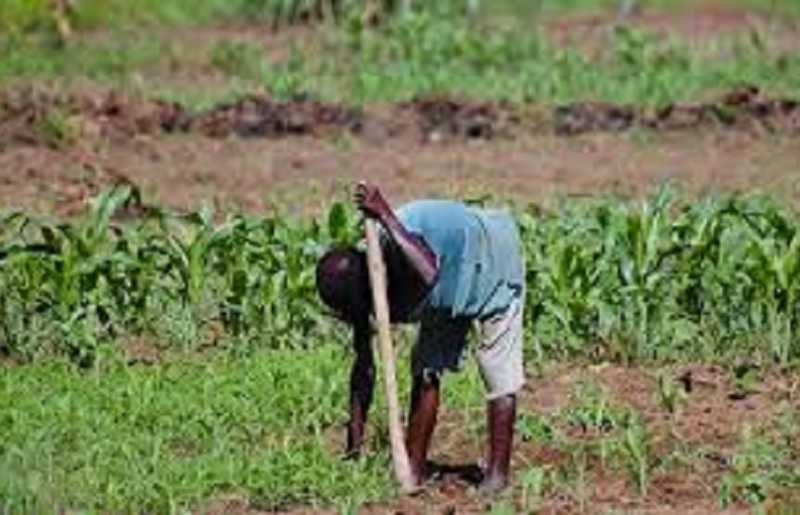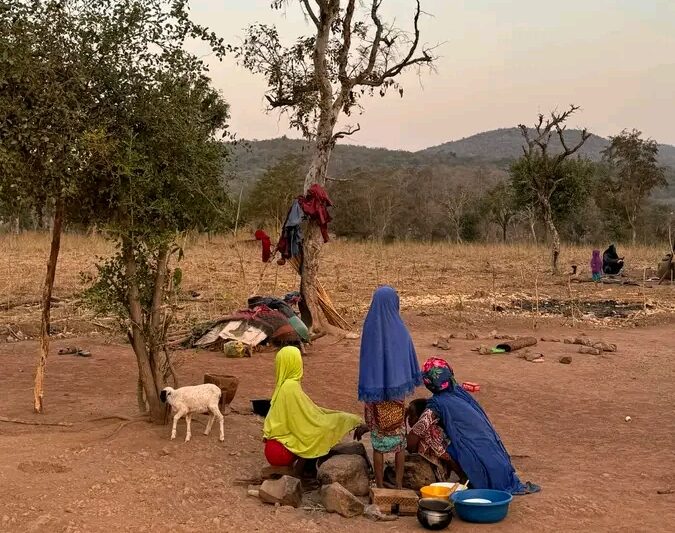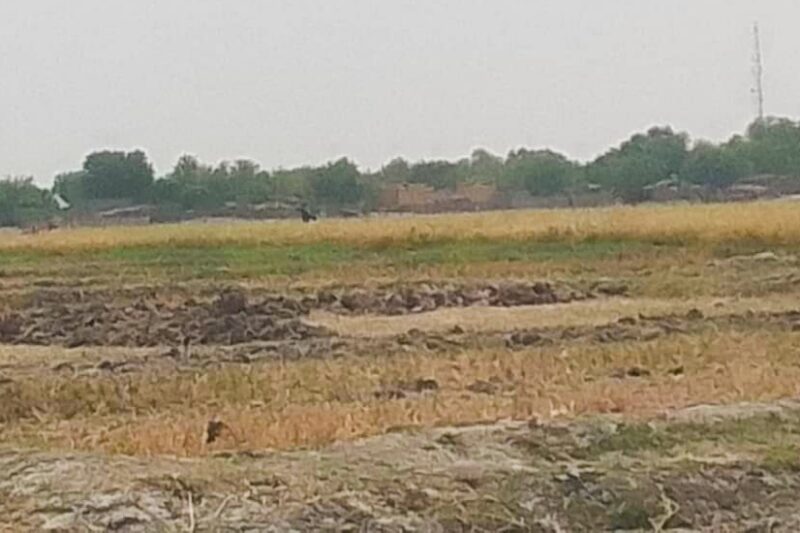Eleven people have been killed in two separate clashes between armed herdsmen and farmers in the villages of Gadori and Waloloma in Borno State’s Mobbar Local Government Area.
The attacks occurred on Sunday night, August 6.
Kyari Kolo, a resident of Damasak town, the headquarters of Mobbar, told RNI it had been confirmed that armed herdsmen had attacked and killed nine farmers in Gadori village and two more in Waloloma village, where another two farmers were shot and were severely wounded.
“The farmers were attacked on Sunday night and their corpses were buried according to Islamic rites on Monday,” he said.
“Although it has been relatively peaceful here until now, the residents of Damasak town are in shock and the attacks by the herdsmen have frightened all of us.”
Kolo appealed to the federal and state governments to deploy adequate security operatives for the farmers’ protection. He said it was bad enough having to fight off attacks by the Jamā’at Ahl as-Sunnah lid-Da’way Wa’l-Jihād (JAS), better known as Boko Haram, and Islamic State West African Province (ISWAP) insurgents. Now they were also confronted by armed herdsmen.
He said the residents – mostly farmers – urgently needed protection from the herdsmen.
Modu Gambo, also from Damasak, said that before the deadly attacks on Sunday, herdsmen had killed an elderly man and woman about seven days before.
“Apparently the victims had recognised one of herdsman who was said to be involved in kidnapping residents and farmers for ransom and that is why the herdsmen killed them.”
He said many local farmers no longer slept in the villages because they feared attacks by JAS, ISWAP – and now the herdsmen.
“In fact, some farmers have already fled their villages, leaving their cultivated lands behind because of frequent attacks by insurgents and herdsmen.
“The herdsmen are mostly from the Fulani tribe. They are nomadic and roam around looking for grazing fields for their animals. Most of them are young and we believe they take hard drugs and are under the influence when they carry out the attacks. No one in their right minds would kill fellow humans who live in the same area as they do. If they are doing these things without being under the influence of drugs, then their actions are inhumane and even worse than the insurgents.
“August is when seasonal farming activities are at their peak because it is the rainy season. But now the farmers are too scared to go to their lands because of all this insecurity. If they cannot access their lands, it will affect food production and it will lead to food insecurity. The residents of Damasak town are already suffering because of soaring food prices. And the situation in the Niger Republic [the coup] is making things even harder,” Gambo said.
Residents in the Monguno Local Government Area also reported that a group of armed herdsmen was terrorising farmers and destroying their cultivated lands. They have asked the government to provide better security to sort out the problem.
Babakura Abdullahi told RNI that animals belonging to armed herdsmen were destroying farmlands and disrupting seasonal agricultural activities.
He said some farmers had been forced to plant crops two or three times over because their lands had been destroyed by the herdsmen’s animals.
“The animals graze in the farmlands and eat all the crops. It has forced many farmers to have to start over again and again. It is not fair. This is the main farming season and all the farmers are distressed. They can’t plant and then replant repeatedly. The government must do something about this about it before it gets out of hand.”
Babagana Yahauwaye said the herdsmen were becoming more dangerous than the JAS and ISWAP insurgents.
“They are terrorising, attacking and killing farmers. The farmers rely on seasonal agriculture to make a living. Farmers along the Marte-Monguno road are particularly at risk because there are so many herdsmen in that area.”
He said the attacks were stopping farmers from going to their lands and, if the herdsmen continued terrorising the farmers, it would affect agriculture activities and could ultimately lead to “serious famine”.
Jafar Isa Dauda, a conflict analyst, said both the herders and the farmers were to blame. Herdsmen were allowing their animals to graze on farmlands and farmers were planting their crops on grazing lands.
“It is evident that the government is not addressing the farmer-herder conflicts. Local authorities, community leaders and traditional rulers also need to get involved. These conflicts are not new. They have been occurring not only in Nigeria’s northeast but also throughout the entire Sahel region. It’s been going on for centuries.”
He said the recent escalation of conflicts between herders and farmers in the northeast was a direct result of negligence by government authorities to take appropriate actions to address the issue.
“To prevent the crisis from escalating further, the government needs to strengthen security for both herders and farmers by implementing conflict resolution mechanisms and establishing grazing reserves.”
SHETTIMA LAWAN MONGUNO









